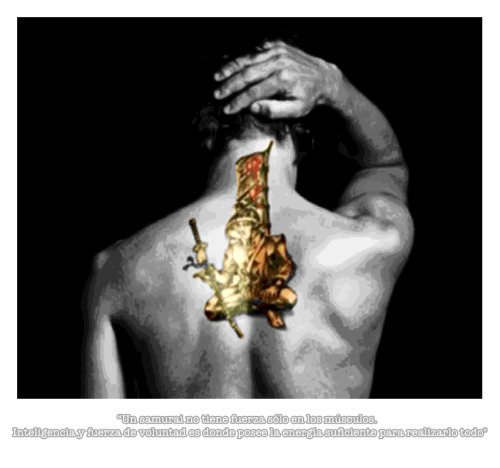- Login or Register
No account yet? Sign up


..or a DSQCmdrVOODOO wrote:..if they eased the fuel restrictions and allowed for higher RPM PUs, you may get a sound that is more pleasing to the ear.
The rpm dependent fuel flow restriction is what makes them run the reasonable high rpms they do now, they wouldn't run +10krpm if they weren't forced to by the flow restrictionCmdrVOODOO wrote:The fact that so much of the exhaust energy (where most of the dB's come from on a car), both heat and sound pressure is being reharvested and turned into other forms of energy it's damn near impossible to make the cars any louder than they are. Its simple physics really.
The cars may have a nicer sound if they were revving higher, but with the fuel restrictions, they are not making their power in the upper RPM range, and they are often being short shifted.
So yeah, as far as making them louder? Nope, not when you are transforming sound pressure into other forms of energy. It is not going to happen, but if they eased the fuel restrictions and allowed for higher RPM PUs, you may get a sound that is more pleasing to the ear.

I was thinking of +3k or 4k RPMs (18,000 or 19,000) if they raised the total fuel allowed as well as the flow from lights out to checkers. But honestly I think this whole thing has more to do with people not liking change than I think it's the dB level. I know I was not happy when they switched to the V8s from the V10s. I've personally been more accepting of these V6's and their spaceship-like sounds than I ever was with the 2.4 V8s. Maybe I just hate the V8s because they replaced the V10s and I'm happy to see them go. I'm not sure what it is, but I'm good with this change.langwadt wrote:The rpm dependent fuel flow restriction is what makes them run the reasonable high rpms they do now, they wouldn't run +10krpm if they weren't forced to by the flow restrictionCmdrVOODOO wrote:The fact that so much of the exhaust energy (where most of the dB's come from on a car), both heat and sound pressure is being reharvested and turned into other forms of energy it's damn near impossible to make the cars any louder than they are. Its simple physics really.
The cars may have a nicer sound if they were revving higher, but with the fuel restrictions, they are not making their power in the upper RPM range, and they are often being short shifted.
So yeah, as far as making them louder? Nope, not when you are transforming sound pressure into other forms of energy. It is not going to happen, but if they eased the fuel restrictions and allowed for higher RPM PUs, you may get a sound that is more pleasing to the ear.
Yes!!! How the hell do videos shot on smartphones sound better have more 'detail' of the engine noise than multi-million dollar sound equipment, set up by people that do it for a living? Either political (Bernie wanting it to sound bad on TV) or they haven't put much time and or money into adjusting for the new engines (given how long F1 took to get HD video feeds and still has SD onboard cameras, the latter wouldn't surprise me).NTS wrote:They should just pick a better place for the microphones for the TV recording and mix that channel a little louder. The sound is not nearly that bad in the videos shot by viewers of the testing, so the TV guys did something wrong.

Not necesarily true. I love the new PU's , but I don't think they sound that great.beelsebob wrote:Absolutely, it's everything to do with not liking change.
He really do that sounds... You had internet so check it out.McG wrote:Could he really do those sounds or was there someone doing the sounds for him!?

I don't see how they can change much in the short run, they spend years designed the engine for a specific fuel flowthedutchguy wrote:"FIA open to making F1 louder, less fuel-efficient says Todt"
http://www.grandprix.com/ns/ns27591.html
That didn't take long! Most important question if and how changes can be made and if there are parties involved with the power to veto changes.
